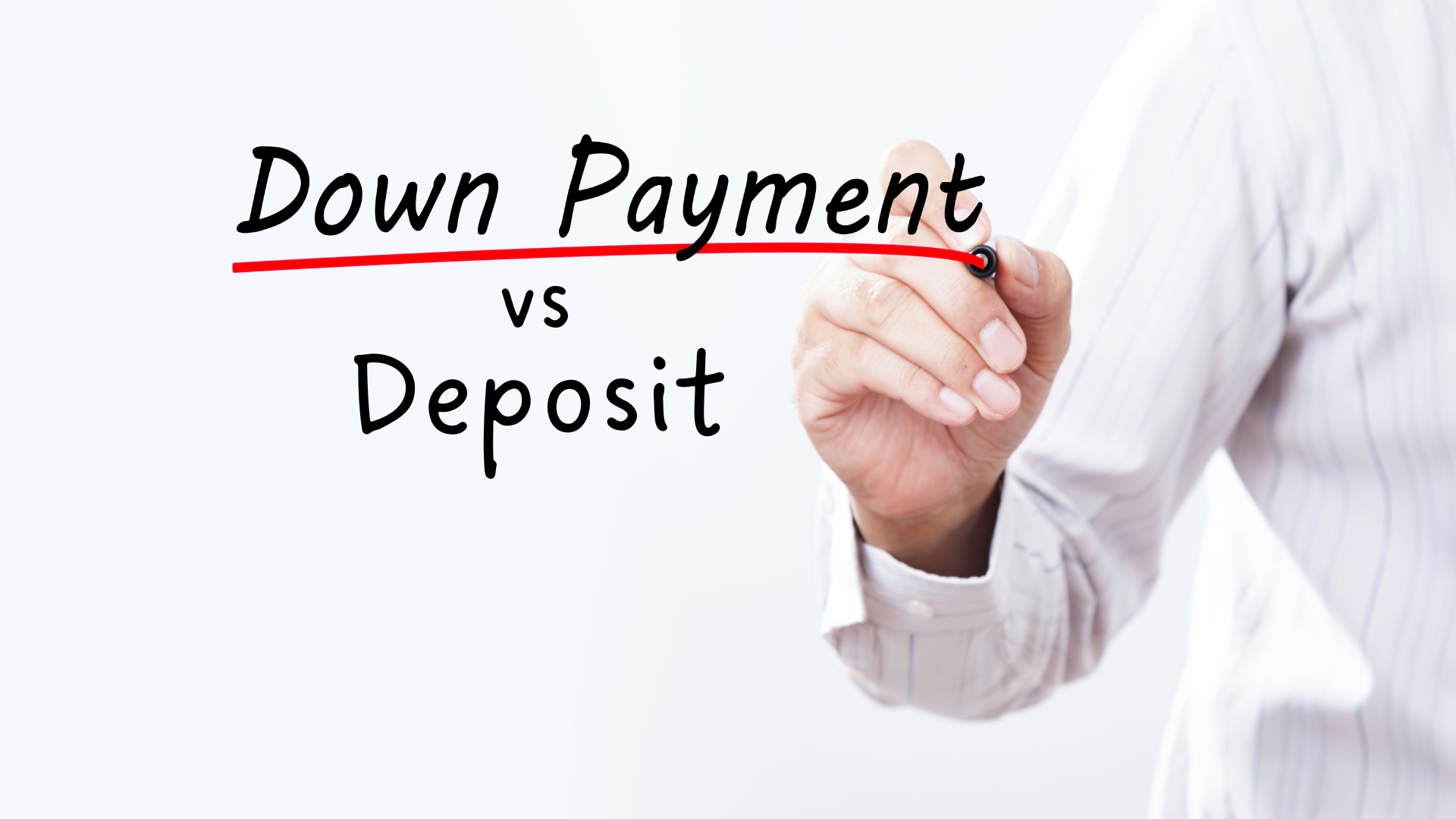Every January, property owners across British Columbia receive their BC Assessment value, which plays a crucial role in determining property taxes. However, one of the most frequent questions I’m asked is:
“Why doesn’t my BC Assessment value match my home’s market value?”
This is a valid question, and understanding the difference between assessed values and market values can be critical, especially if you're considering selling your home. Let’s dive into the key reasons why BC Assessment values often fall short of reflecting your home’s true market worth—and what you can do about it.
1. Timing Matters
The BC Assessment value for your home is based on a snapshot of market conditions as of July 1 of the previous year. While this ensures consistency across all properties, the real estate market is dynamic, with property values fluctuating month by month.
By the time you receive your assessment in January, the market may have changed significantly.
If you’re planning to sell in the spring or summer, your home’s actual market value could be drastically different from the assessed value due to shifting demand, new developments, or broader economic changes.
2. The Mass Appraisal Approach
BC Assessment uses mass appraisal techniques to calculate property values across entire neighborhoods or regions. This involves analyzing a large volume of data, such as recent sales and property features, and applying broad trends to determine a property’s value.
While efficient, this approach may not account for unique characteristics of your home, such as recent renovations, premium lot placement, or custom upgrades.
For example, two homes on the same street may have vastly different market values due to their interior finishes or landscaping, yet their assessed values might be similar.
3. Local Market Influences
Real estate markets are hyper-local. Even within the same city, neighborhoods can experience varying rates of appreciation or depreciation.
Factors like proximity to schools, shopping centers, parks, or public transit can significantly affect market value.
BC Assessment’s regional approach doesn’t always capture these nuanced differences, leading to gaps between assessed and market values.
4. Property Condition and Upgrades
The condition of your home is one of the most significant factors in determining its market value, but BC Assessment doesn’t inspect properties annually.
Renovations and upgrades, like a new kitchen, bathroom, or roof, can significantly boost your home’s market value but may not be reflected in your BC Assessment value.
Conversely, deferred maintenance or outdated features could lower a home’s market value compared to its assessed value.
5. Real Estate Market Volatility
British Columbia’s real estate market is known for its volatility. Factors such as interest rate changes, government policies, or global economic trends can create rapid shifts in buyer demand and property prices.
6. Appeals and Adjustments
Homeowners can appeal their BC Assessment values if they believe the value is inaccurate. Successfully appealed assessments are adjusted to better align with market values, but this process is optional and not pursued by all homeowners.
How to Determine Your Home’s True Market Value
While BC Assessment values provide a standardized benchmark for property taxation, they are not intended to reflect real-time market conditions. If you’re looking to sell your home or simply understand its current market value, here’s what you can do:
Review Recent Sales Data: Compare your home to similar properties that have recently sold in your area.
Consider Unique Features: Factor in any upgrades, renovations, or special characteristics of your home that set it apart.
Consult a Local Expert: As a real estate professional, I can provide a comprehensive market evaluation tailored to your property’s specific features and the current market.
Appealing your assessment: You can challenge your assessment until January 31st, but it might be worth talking with your realtor about whether is benefits you if you get a reduction.
Why Accurate Valuation Matters
Understanding the difference between assessed value and market value is especially important if you're preparing to sell. Pricing your home based on its assessed value could result in leaving money on the table or setting a price too high to attract buyers.
In my experience, BC Assessment values rarely equate to actual market values. For homeowners planning to sell, a detailed, up-to-date market evaluation is the best way to ensure you’re making informed decisions.
Let’s Talk About Your Home’s Value
If you’re curious about your home’s worth in today’s market, I offer complimentary springtime market evaluations. Together, we can review recent sales data, discuss your property’s unique features, and determine a pricing strategy that aligns with your goals.
Reach out today for a personalized consultation and take the first step toward understanding your home’s true value!












